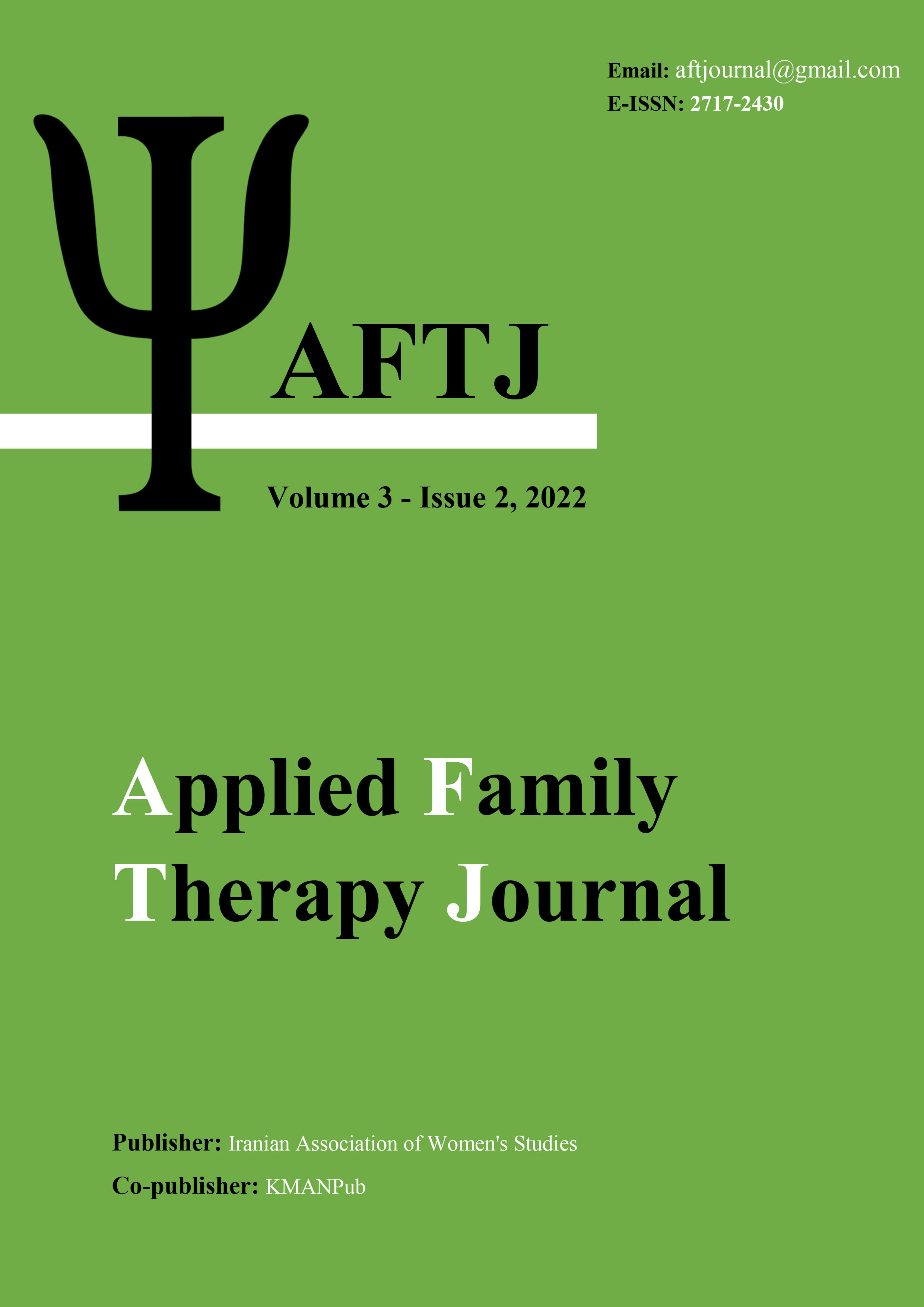Developing a Structural Model of the Relationship between Cognitive Style and Emotional Creativity with the Mediating Role of Emotional-Social Competence of Adolescent Girls
Keywords:
Emotional Creativity, Cognitive Styles, Emotional-Social Competence, StudentsAbstract
Aim: The aim of this study was to determine the fit of the structural model of deterministic thinking and cognitive style and students' emotional creativity with the mediating role of creativity self-efficacy and emotional-social competence. Methods: The present research method was descriptive and the correlation research design was structural equation model. The statistical population of this study was all 11th grade female students in the second year of high school in the academic year of 2018-19 in Tehran, from which 460 people were selected by cluster random sampling. 5 districts were randomly selected from the districts of Tehran. Data were collected using the April (1999) Emotional Creativity Questionnaire, and Social Emotional Competence Questionnaire Zhu and Ji (2012) were collected. Pearson correlation coefficient and structural equation model and SPSS.22 and AMOS.22 software were used to analyze the research data. Significance level in this study was considered 0.05. Results: The results showed that the path coefficient between social emotional competency and emotional creativity (β=0.55, p<0.001) was positive and significant, and the results showed that social-emotional competency mediated the relationship between cognitive style and emotional creativity (β=0.22, p<0.001). Conclusion: Socio-emotional competency plays a mediating role in the relationship between cognitive styles and emotional creativity. The results of this study can be useful for specialists in the fields of psychology, education and education department.
Downloads
Downloads
Published
Issue
Section
License

This work is licensed under a Creative Commons Attribution-NonCommercial 4.0 International License.





















